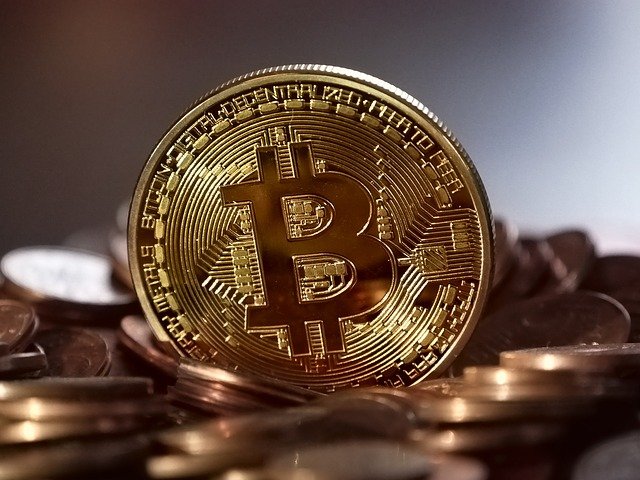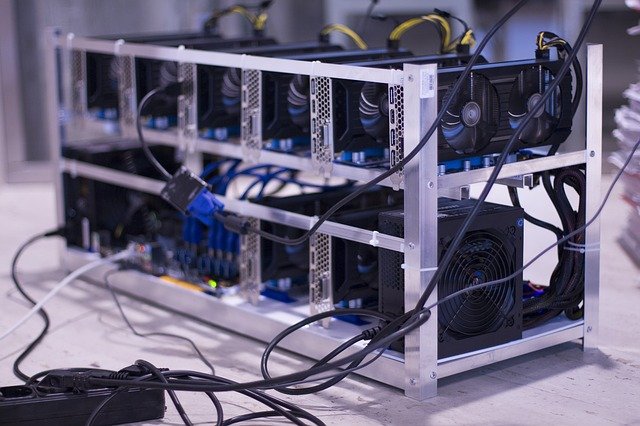Blockchain is a decentralized database system based on linking together previous records in secure blocks of information. Blockchain is used by bitcoin to record transactions. A blockchain records all of these transactions by grouping them into blocks of secured, unalterable data. These blocks link to other blocks forming a chain in chronological order. This chain’s data is not only stored on one computer, but stored over a multitude of computers creating a shared public registry that is very hard to tamper with.
Blockchain can have many helpful uses, such as: reducing or even eliminating transaction costs, cutting out the middle-man in purchasing services; voting; quicker stock trading; etc.. One sector of the market we think blockchain development can revolutionize is the automotive industry. Blockchain will affect all stakeholders in each transaction made. Blockchain will allow manufacturers to source quality products, which will leave an easy to follow trail of transactions all the way to the consumer.

Parts will be easy to track from their source because of blockchain. Automotive manufacturers can verify the product that they’re buying is what they need for production. The same goes for materials such as steel. Far too often, products are not produced to the grade that the manufacturer intends. With blockchain, the manufacturers can track the products back to a reliable supplier. Vehicle service centers could also follow the transaction history to make sure the parts they are using to repair vehicles are quality products from reliable manufacturers. Also, the service center can evaluate faulty parts and find out if other vehicles are having similar issues. With this, the service center can track back to the manufacturer of the part and evaluate whether or not a recall on the part needs to be issued or not. Blockchain will also allow them to track back to a single bad shipment of parts. All of this funnels down to the consumer who can track the parts from the manufacturer, assuring the vehicle service center is putting in reliable parts, and assuring that the parts recalled are replaced.
Blockchain will also place a timestamp on transactions through the whole manufacturing process, allowing manufacturers, service centers, and consumers to track and estimate how long the product will take to arrive at its final destination.
The implications of using blockchain in the automotive industry are far from few. First off, blockchain will allow automotive manufacturers to waste less supplies due to reliable product sourcing, and through narrowing down recalls efficiently to the narrowest extent. Also, with reliable sourcing, manufacturers can produce a better quality of vehicles. This will provide a more competitive automotive industry which will help the global economy. The competitiveness will make the manufacturers want to produce the best vehicle they possibly can, with the most
reliably sourced products than their competitors. In result, not only will the original material producer be able to hire more people to keep up with demand, but it will provide jobs in distribution centers, and it will provide jobs with the automotive manufacturers due to the increased workload. Competition is proven to be good for the economy, “Competition in America is about price, selection, and service. it benefits consumers by keeping prices low and the quality and choice of goods and services high. Competition makes our economy work” (How). The global economy could be stimulated all by using blockchain opposed to a more common centralized system. I believe this stimulus would be enough to pull the world out of the current depression we’re experiencing due to COVID-19.
Another way blockchain will help the global economy is through smart contracts. An autonomous system can be put in play to pay suppliers whenever benchmarks are met, making contracts quicker to fulfill, and easier to maintain for both buyers and suppliers. For example, a material supplier sends it’s supplies to a distributor, and from the distributor to a part manufacturer. Once, the manufacturer checks the supplies into their stock of inventory, said system automatically pays the supplier due to the ease of tractability within the blockchain. This
will further increase efficiency of the manufacturers allowing more efforts to be put towards making quality products.

The growth of automotive manufacturers will make their stock value increase. As mentioned, stocks can be traded on a blockchain system, eliminating intermediates. This person to person selling will make the exchange of stocks much faster. With the automotive industry flourishing, the manufacturers can buy back stock in their own company which not only pays the sellers, but it is good for the business’s administrative purposes. The more they own, the more control they have in decision making within the company.
Blockchain can help further grow the automotive industry’s advancements through higher quality production of vehicles, setting the ongoing standard for vehicles to come. Not only can blockchain help the automotive industry, but it can help all manufacturing industries. This just leads me to think, how else can we use blockchain to make life easier?
